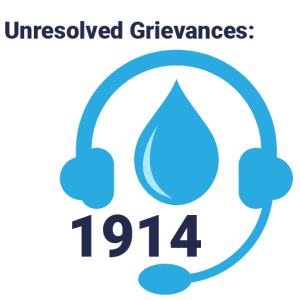The Department Research archive offers seamless access to a comprehensive repository of research papers and publications authored by our officers. These works showcase our department’s contributions to Sri Lanka’s water supply sector, covering topics such as water resource management, water quality, sustainability practices, and innovative community-based water supply initiatives.
01
02
Monitoring water quality in rural water supply schemes is vital for ensuring a sustainable, community-driven system. In Sri Lanka, most rural drinking water—sourced from tube wells, shallow wells, streams, rivers, and rainwater—is managed by community-based organizations and routinely tested by relevant authorities. This study evaluated both the physical and chemical properties of water in wet and intermediate climatic zones and assessed consumer perspectives. Data analysis indicated that regular maintenance, effective purification, and enhanced consumer awareness markedly improve water quality.
03
This study investigates Climate-Resilient Sustainable Water Management (CRSWM) as a potential solution to global water and sanitation crises. It emphasizes the urgent need to shift from traditional management systems to CRSWM to combat climate change impacts while promoting sustainable practices. Through case study analyses across diverse climates, the research highlights the benefits, challenges, and lessons learned, advocating for broader adoption of CRSWM to enhance water security and achieve sanitation goals amidst climate change.

